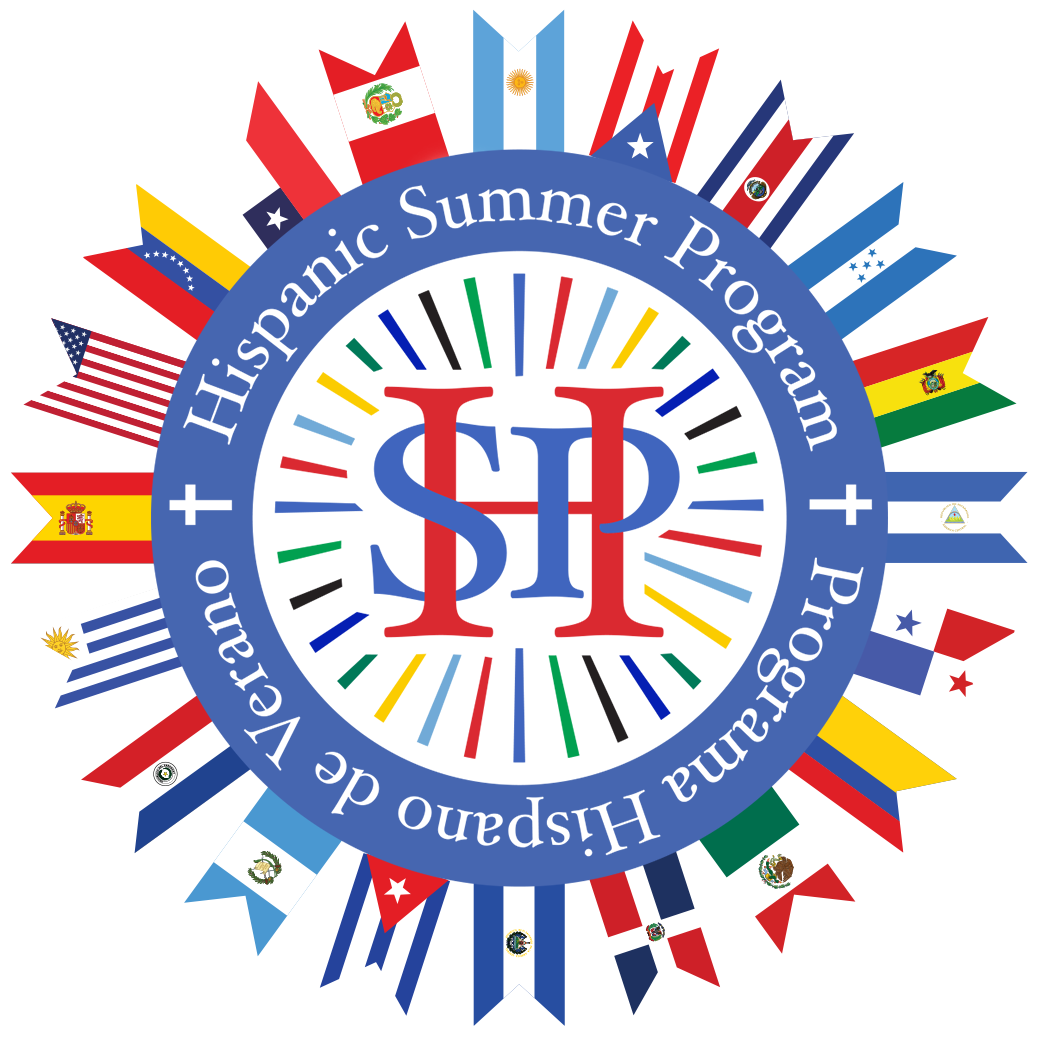by: Grace Ji Sun Kim
I speak fluent English, conversational Korean and textbook French. I am proud to be trilingual and I always encourage my children to speak Korean with me. They never do. I do my best to speak to them in Korean, unless I am disciplining them. Then, only English comes out of my mouth.
We live in a multilingual world; it is wonderful to hear different languages. However, in the corner of the world where I live, it is difficult to hear a language other than English.
I was in and out of the hospital several times over these past two months. Each time I entered the hospital, the first thing the doctor would ask me was, “Do you speak English?” It is a very simple question, and perhaps I should not have become so upset, but when one doctor after another asks, “Do you speak English?” it gets to be quite annoying. I would love to scream back, “Of course I speak English!” But I try to remain calm, and sheepishly answer, “Yes.”
On one level, I realize I should not be so annoyed and offended. Perhaps the hospital has a protocol specifying that they need to figure out if a person is ethnic and whether he or she can speak English. Still, every time a doctor asks me this question, I wonder if they ask a white, European American patient the same thing.
Minorities are always asked to define themselves, or are identified with some form of adjective while the white, European/American is never asked to define himself/herself. This actually allows the dominant, kyriarchical system to keep its presumptions of “normativity,” while forcing those who do not fit that category to continually identify themselves. For example, I am never viewed or understood as simply a “woman,” but I am viewed and defined as an “Asian American woman.” As a result, I am continually viewed as the other that is always tied to my physical body in ways that are never asked of those in power/those making rules.
During one hospital visit, I spoke with a nurse for about five minutes, when she suddenly asked, “Is English your preferred language?” And I wondered, “Would she ask white patients the same question?”
If everyone was asked “Is English your preferred language of communication?” then there would be no issue. I wish that everyone was asked that question by default, because that would make so-identified Caucasians more aware of their situation because they would find it an absurd question.
I wonder what hospitals do if a person says “no,” they do not speak English…do they train staff to be multi-lingual or do they use it as an excuse to talk down to patients?
There are so many issues of power and privilege wrapped up in such a question!!!
The question of whether I speak English may be totally innocent. Good intentions may lie behind it. But, when I am consistently asked about my ability to speak English, it raises the questions for me of “Who am I in my community? How do the people who are providing my care see me?”
I look Asian and therefore to many in my community, I will be a constant foreigner who lives in their midst. Asking if I speak English leads me to wonder if, in the eyes of members of the dominant culture, I will ever truly belong. Will I be accepted for who I am? Or will I be forever seen, and treated, as an outsider?
Foreigners have traditionally been viewed with suspicion and as a source for many problems. If we look at the foreign women within the book of Ezra (Ezra 10), they were told to leave their families. They were thrown away from the community. They were outcasts and were not welcomed into the community.
Since I am viewed as a foreigner, I often feel a similar tension and discrimination from those in my circles. Those who are my colleagues often find it difficult to welcome me fully into the circle due to their, usually unconscious, suspicions of me which flow from their view of me as an outsider. Viewed as a foreigner, I become an easy target and a scapegoat when blame needs to be assigned. I am often blamed for things, for which my white friends or acquaintances would never be blamed. This happens without many people around me noticing what is happening.
If I point out such discrimination to my friends, they sometimes call me a trouble-maker. If I keep the experience within me, they will say, “there is no discrimination since she never spoke about it.” It becomes a no-win situation.
As I think about the simple, but disturbing question, “Do you speak English?” I wonder how many times I will be asked the question. And my heart aches when I consider how many times my children will hear the question.
To move forward, we must ask ourselves how our churches and American society can work together to attend to the fact that bodies marked by “foreignness” are hurting. This must begin with a critical re-evaluation of how systems of power and privilege mark certain people in small, but persistent ways. Only by attending to the daily existence of being marked as “foreign” or “other” can we provide firm ground for our larger goals of ending systematic racism.
Original article available here.

